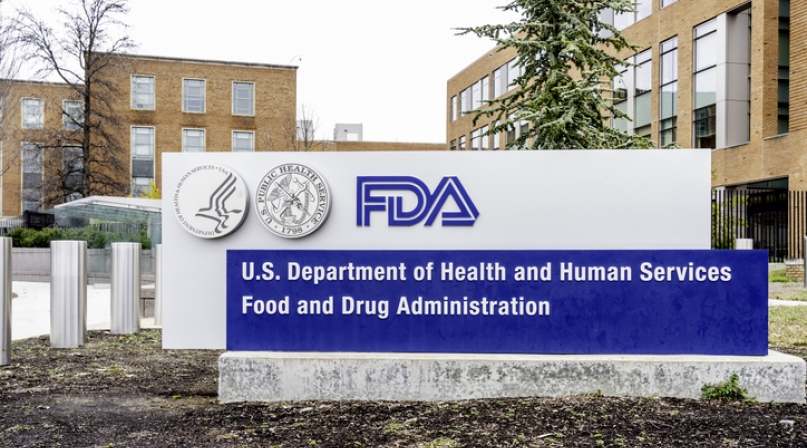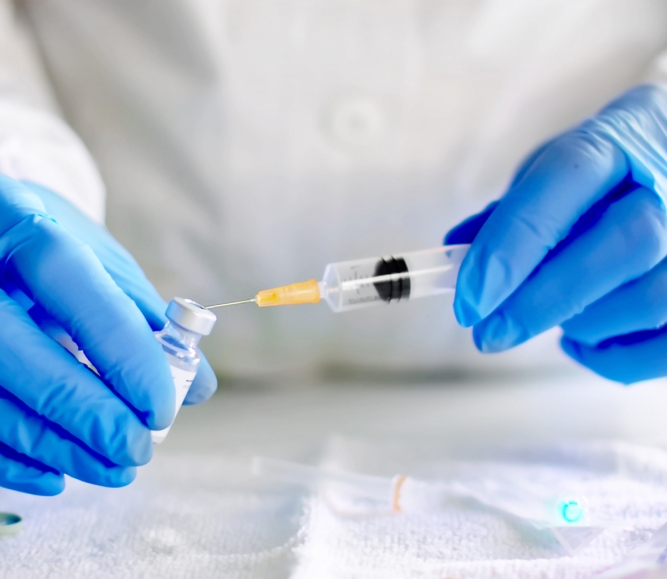FDA approves Pfizer and Moderna booster doses, authorizes mix and match for COVID-19 vaccines
Author

Blaire Bryant
Upcoming Events
Related News

Key Takeaways
On October 21, the Centers for Disease Control and Prevention (CDC) endorsed the use of Moderna and Johnson & Johnson booster shots following a recommendation from the Advisory Committee on Immunization Practices’ (ACIP). The endorsement follows the Food and Drug Administration’s (FDA) October 20 announcement approving the emergency use of booster doses for both vaccines.
The CDC also endorsed the use of heterologous (mix and match) COVID-19 vaccine booster shots, following FDA approval based on safety and efficacy data. Eligible individuals will be able to select their booster dose from any of the FDA endorsed or approved COVID-19 vaccines.
Updated guidelines for the use of a COVID-19 vaccine booster dose are as follows:
- Johnson & Johnson COVID-19 vaccine: A single booster dose may be administered at least two months after completion of the single-dose primary regimen to individuals 18 years of age and older.
- Moderna COVID-19 vaccine: A single booster dose may be administered at least six months after completion of the primary series to individuals that are 65 years of age and older, 18 through 64 years of age at high risk of severe COVID-19, or 18 through 64 years of age with frequent institutional or occupational exposure to COVID-19.
- Pfizer-BioNTech COVID-19 vaccine: A single booster dose may be administered at least six months after completion of the primary series to individuals 18 through 64 years of age with frequent institutional or occupational exposure to SARS-CoV-2.
As key providers of local public health services and frontline service providers for the medically vulnerable, counties have supported over 190 million vaccinations in the U.S. to date and will continue to play an essential role in the administration of COVID-19 vaccines and boosters. For more information on how county health facilities can prepare for the distribution of COVID-19 boosters, see the “Vaccine Booster Readiness Checklist for County Health Facilities” tab in NACo’s COVID-19 Vaccine Distribution Toolkit.
ADDITIONAL RESOURCES
Resource
COVID-19 Vaccine Toolkit for Counties

Related News

Drug tracking software helps counties identify trends, save lives
Florida counties are using an artificial intelligence tool called Drug TRAC to track and report drug trends, with the aim of providing quicker outreach and saving lives.

White House Executive Order establishes national substance use disorder response
On January 29, the White House issued an Executive Order (EO) establishing the Great American Recovery Initiative, a new federal effort aimed at coordinating a national response to substance use disorder (SUD).

USDA and HHS release new dietary guidelines
On January 7, U.S. Department of Agriculture Secretary Brooke Rollins and U.S. Department of Health and Human Services Secretary Robert F. Kennedy, Jr. unveiled the new Dietary Guidelines for Americans, 2025–2030.